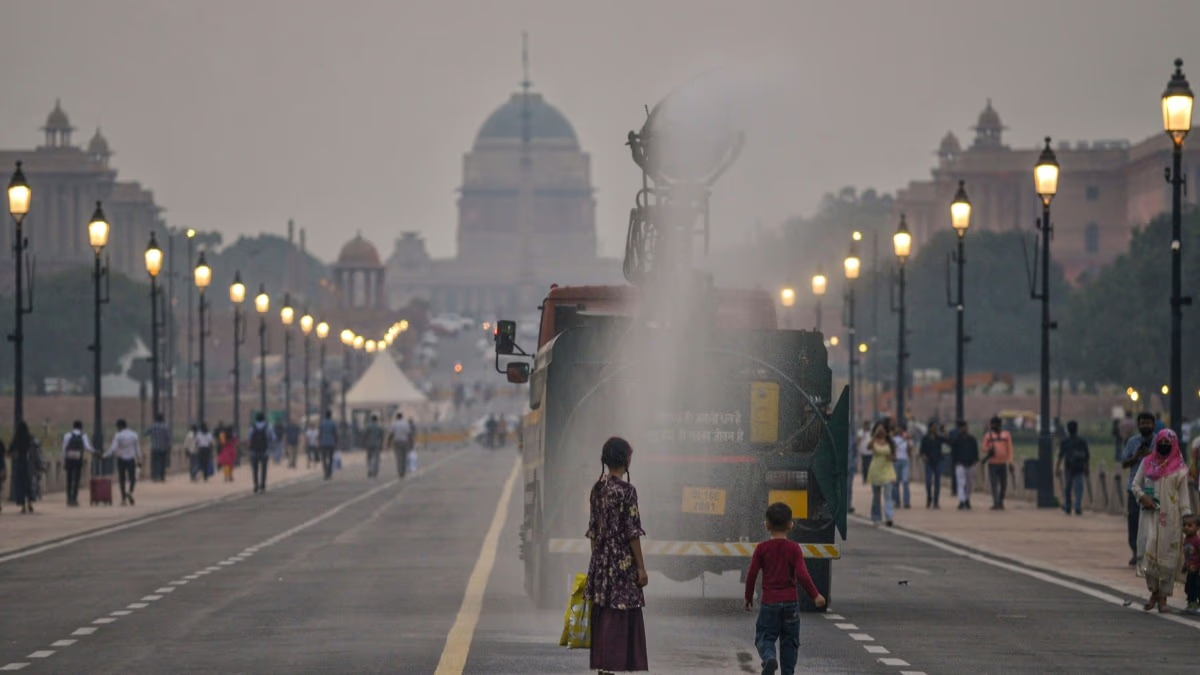A possible new dispute looms between India and Canada over Khalistani terrorist Hardeep Singh Nijjar. The Indian investigative agency, the NIA, has been seeking Nijjar's death certificate for quite some time, yet, there's been no response from Canada.
Nijjar was declared a terrorist by India, and on June 18 last year, he was tragically shot outside a Gurdwara in Surrey, British Columbia. Canadian Prime Minister Justin Trudeau pointed fingers at Indian agents for this murder, but India has dismissed these allegations completely.
Possessing Canadian citizenship, Nijjar was declared a terrorist by India in 2020. He was also the leader of the Khalistan Tiger Force (KTF) and had close ties with another Khalistani terrorist, Gurpatwant Singh Pannu.
The NIA has been probing Nijjar's cases and has been trying to procure his death certificate from the Canadian government for about six months.
An Indian Express official stated that there are two ongoing cases against Nijjar, and his death certificate is required to complete documentation. Once documentation is completed, it will be presented in Delhi's court.
Under the Mutual Legal Assistance Treaty (MLAT), the NIA requested Nijjar's death certificate from the Canadian government, but instead of issuing the certificate, Canada has been questioning the NIA.
According to an ANI source from the NIA, Canada has sought clarification on why the agency needs Nijjar's death certificate. Canada wants an explanation from the NIA as to why they require this document.
The Mutual Legal Assistance Treaty (MLAT) has existed between India and Canada for many years, functioning similarly to an extradition treaty between two countries.
Under this treaty, both nations can request documents related to criminals, investigation details, evidence, properties, locations, and various types of documents from one another.
However, if a country believes that providing certain information or documents could risk its sovereignty, security, or even the security of the person involved, it may refuse the request. Furthermore, if a country feels that sharing information or documents could affect an ongoing investigation or trial in that country, such a request can also be denied.
Article 7 of this treaty states that one nation can send a document copy to the other. However, if the original copy is required, it too must be sent and can be requested later.
Who Was Hardeep Singh Nijjar?
Nijjar was the chief of the Khalistan Tiger Force. For many years, he lived in Canada while promoting Khalistani terrorism against India. According to intelligence sources, in the past year, Nijjar became a significant headache for Indian investigative agencies as he began providing logistics and finances to Lawrence Bishnoi gang members abroad.
When Trudeau visited India in 2018, the then Punjab Chief Minister Amarinder Singh handed him a list of Khalistani terrorists, which included Nijjar's name.
The central home ministry declared Nijjar a terrorist in 2020. An FIR was lodged against him for a 2010 bombing outside a temple in Patiala. He was wanted in several cases, including those inciting violence and promoting terrorist activities. The Government of India declared Hardeep Singh Nijjar a Designated Terrorist. The NIA had also announced a reward of 1 million rupees on him.




